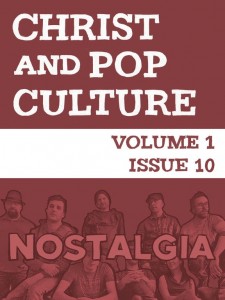
By Addie Zierman. The following is an exclusive feature that has been shared with you but is otherwise available only in Issue #10 of the
Christ and Pop Culture Magazine. For more features like this, download our app for iPad and iPhone from Apple’s App Store.
After a one-week free trial, monthly and yearly subscriptions are available for $2.99 and $29.99 respectively. New issues are made available every other week. More information here.
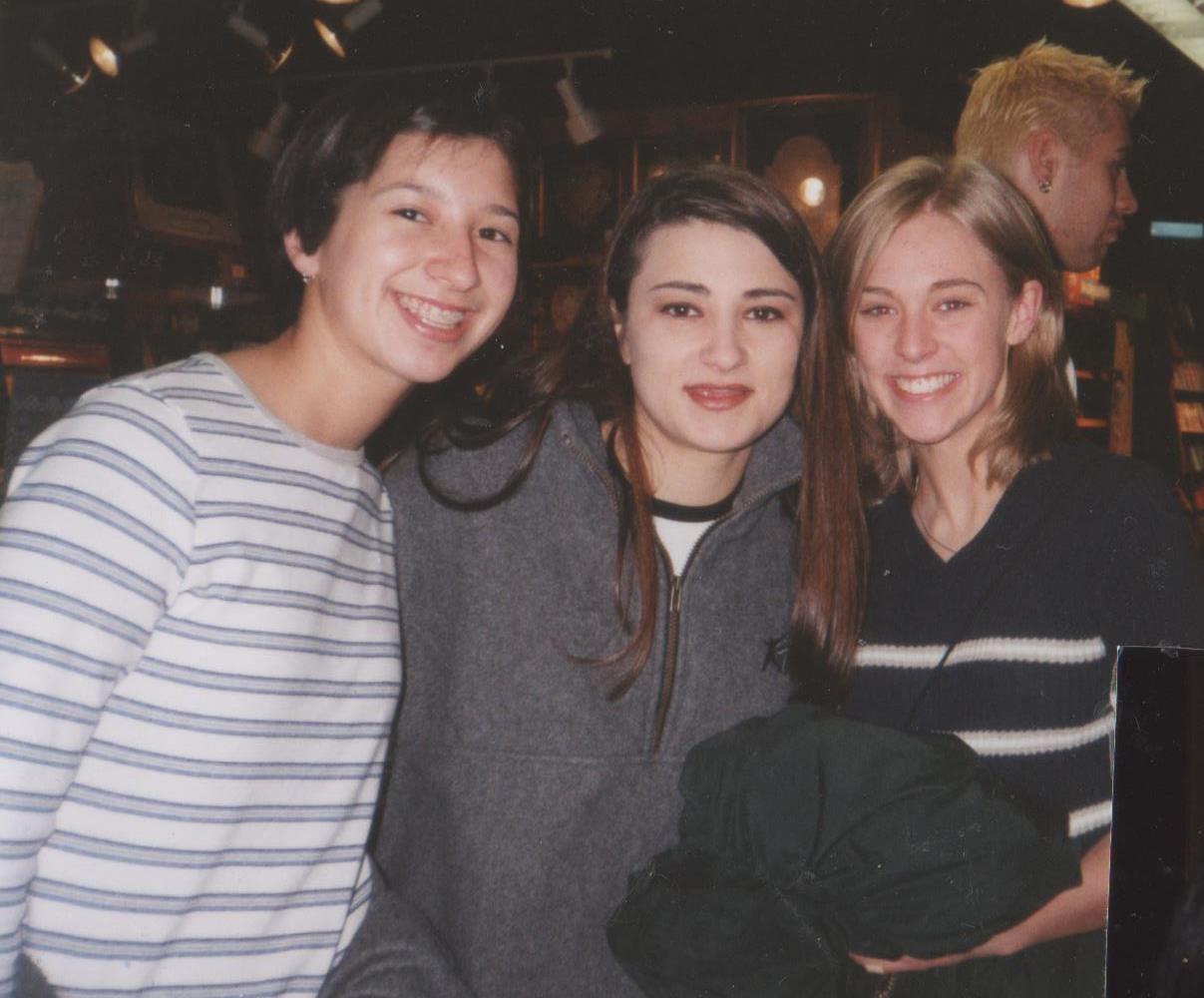
The first time I saw her in concert, she opened for someone Important who I can’t now remember. Wikipedia tells me it was Third Day, but I have no memory of them, only their opening act: Jennifer Knapp.
She sat in the middle of the stage on a stool. A guitar. One spotlight. A low, understated voice talking between sets. Music so earthy, honest, and passionate that I sat there, mesmerized, in a sea of hormones and Gap perfume and fiery spiritual passion.
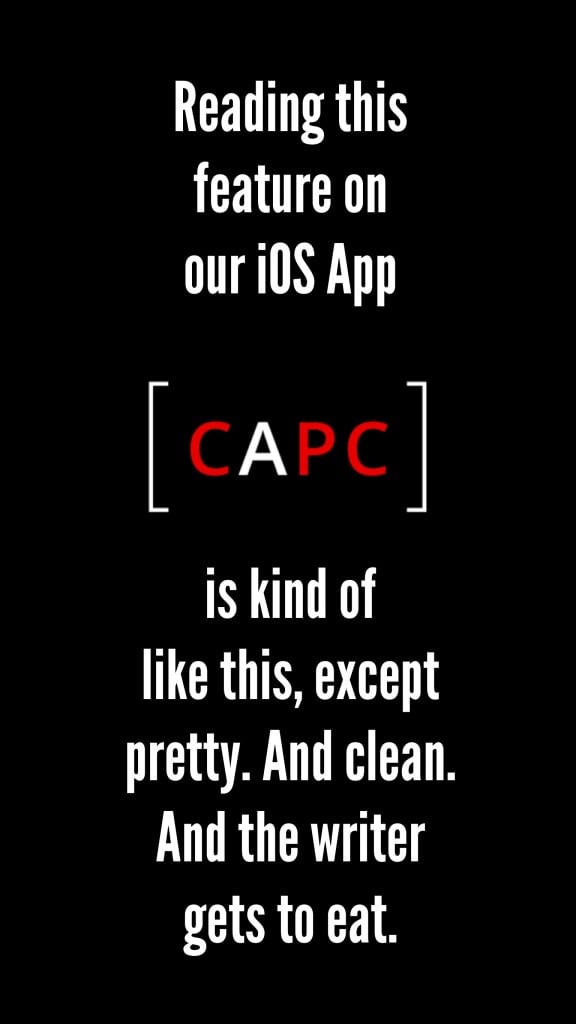 I was fourteen then, listening exclusively to Christian music. I kept joining Sound & Spirit Music Club under different pseudonyms so that I could keep getting free CDs, and the top of my dresser was stacked high with the chaos of Christian culture. The Newsboys. DC Talk. Michael W. Smith and Point of Grace and Jars of Clay. Recently, I’d started venturing into Christian Ska with the Insyderz and The W’s.
I was fourteen then, listening exclusively to Christian music. I kept joining Sound & Spirit Music Club under different pseudonyms so that I could keep getting free CDs, and the top of my dresser was stacked high with the chaos of Christian culture. The Newsboys. DC Talk. Michael W. Smith and Point of Grace and Jars of Clay. Recently, I’d started venturing into Christian Ska with the Insyderz and The W’s.
These were the albums that formed a soundtrack to my on fire for God youth. They gave me theme songs for abstinence (DC Talk’s “I Don’t Want It”), witnessing (Newsboys’ “Shine”) and for prayer (Stephen Curtis Chapman’s “Let Us Pray”). I listened to the lyrics while I outlined my talks for our Bible Study group, and they became a kind of context for my blooming faith.
But that night at the concert, Jennifer Knapp gave me something else: a soundtrack to my heart’s greatest questions and hopes. She was singing about struggle. About failure. About grace, mysterious and beautiful.
When she sang “Undo Me,” I felt my own knotted-up heart rising up too, and her words gave voice to my tangled thoughts. Her songs weren’t about “acting Christian” or about being a good witness to a watching world. They were a cry for mercy, for God’s presence, for a wild, beautiful Love.
\\
She was the first artist I went to meet. During my sophomore year of high school, my friend Molly and I took the Union Pacific from Deerfield forty-five minutes into the heart of Chicago. Jennifer Knapp was appearing at Moody bookstore downtown with The W’s, who were famous for their ska debut, “You are the Devil (and the Devil is Bad).”
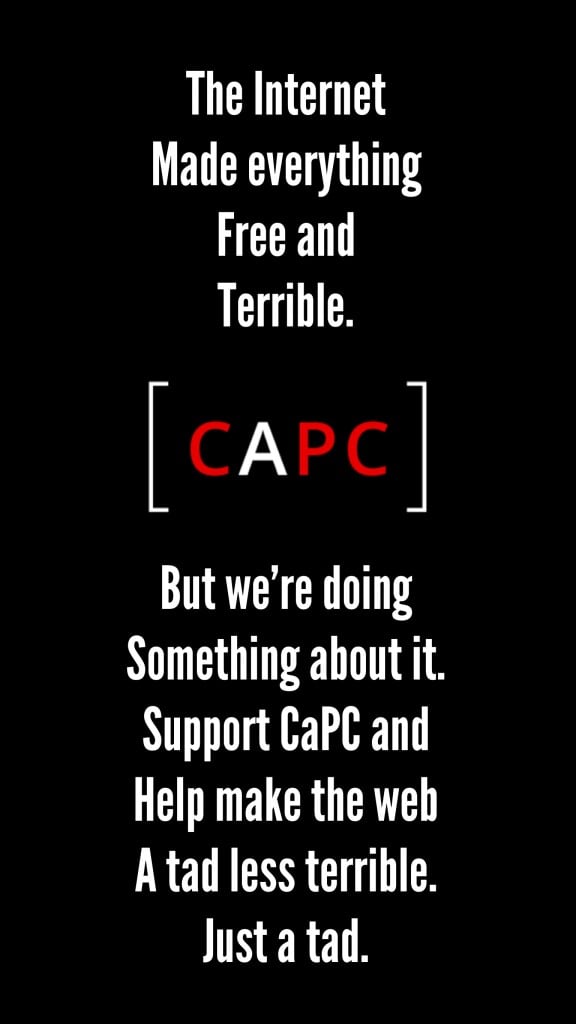 Molly and I sat on the top level of the train, our seats facing each other. We were bent over the CD dust-jacket of Kansas, belting out each song as buildings flashed by beside us.
Molly and I sat on the top level of the train, our seats facing each other. We were bent over the CD dust-jacket of Kansas, belting out each song as buildings flashed by beside us.
I had a bad haircut and a broken heart. My dreamy older boyfriend had left for a year-long internship at Teen Mania, an extreme teen missions organization, where he had been instructed to sever our relationship . . . for Jesus. I was pale and hollowed out, but on the train, I sang the album’s beautiful prelude loud with Molly anyway. When we got to the part about that aching, aimless search “for a faith to be faithful to me,” I felt it in all of my broken places.
She was shorter than I imagined, and the W’s towered over her with their pierced ears and spiked hair and their rumpled, college-boy handsomeness. I don’t remember what I said to her, if anything. I remember feeling out of my depth with my bad haircut and my decidedly non-rock-star jeans. She was gracious enough to pose with us for a photo. She was kind and a little rough around the edges. Her open demeanor matched the honesty of her songs, and I wanted to be her best friend immediately.
\\
In 2000, Jennifer Knapp released her second album – Lay It Down. I memorized it entirely. After our first Christian college visit, I sat with my best friend on the early-spring sand of Lake Michigan, and we sang “Usher Me Down” over and over again into the mysterious horizon of our futures.
I was still leading Bible studies and prayer groups. I was filling out the final paperwork to attend a conservative Christian college in Minnesota. I was living my life to the beat of a different drummer – the relentless one of a Christian culture that valued a vibrant, fluorescent faith. I wore a Jesus fish necklace, and every Tuesday, I went to Panera after school with my Accountability Partner to read excerpts from our “quiet time” journals. I always felt better when I had something profound to say.
 In 2001, I loaded all of my stuff into my green Honda Accord and drove up to college. Jennifer Knapp released The Way I Am. I listened to it over and over on the long, seven-hour stretch of I-94 as I drove back and forth on school breaks and holidays. It was the perfect road-trip music for the journey between my old life and my new one.
In 2001, I loaded all of my stuff into my green Honda Accord and drove up to college. Jennifer Knapp released The Way I Am. I listened to it over and over on the long, seven-hour stretch of I-94 as I drove back and forth on school breaks and holidays. It was the perfect road-trip music for the journey between my old life and my new one.
That Christmas, I said ‘no’ to a missionary boy who asked me to marry him and to come to Norway. On the way back to school, I played Jennifer Knapp’s “In Two (The Lament)” over and over. I felt like my own life was splitting apart, like I was pulling away from the Jesus Freak that I used to be. Christian college had turned out to be a complicated place with a New Social Order. It was based on Level-of-Spiritual-Awesomeness, and I found myself unable to measure up. I drove along I-94, and I felt like I was becoming a different version of myself – one that I didn’t entirely recognize.
By the time Jennifer Knapp announced that she was leaving the Christian music industry in 2002, my own fire was already changing, dwindling, burning out. I was planning my wedding, high on love, spending time with friends, broadening my writing skills. There was so much goodness that I didn’t even notice that the flame of my faith was barely flickering in the dark.
\\
I can tell you about disappearing.
I can tell you about that moment when you pack your bags and leave the Christian subculture with all of its pressure and paraphernalia. You are so tired of all the trying. You are tired of keeping your grin spread wide, of being a beacon, of “SHINE, make ‘em wonder what you got,” when you’re not even sure what you’ve got to begin with.
The questions get the better of you or the loneliness does. You grow up a little bit, and you leave the safe glow of your youth group, and then you suddenly can’t do it anymore. You can’t put on the Christian t-shirt or lead one more Bible study group. You can’t muster yourself up to that hot pink faith that you once had.
So you fade out of the whole thing. You don’t stop believing, really. Somewhere in all the chaos and wattage of the evangelical world, something true about God and about Love penetrated your heart, and you can’t give that up entirely. But you can disappear from the trappings of it. So you do.
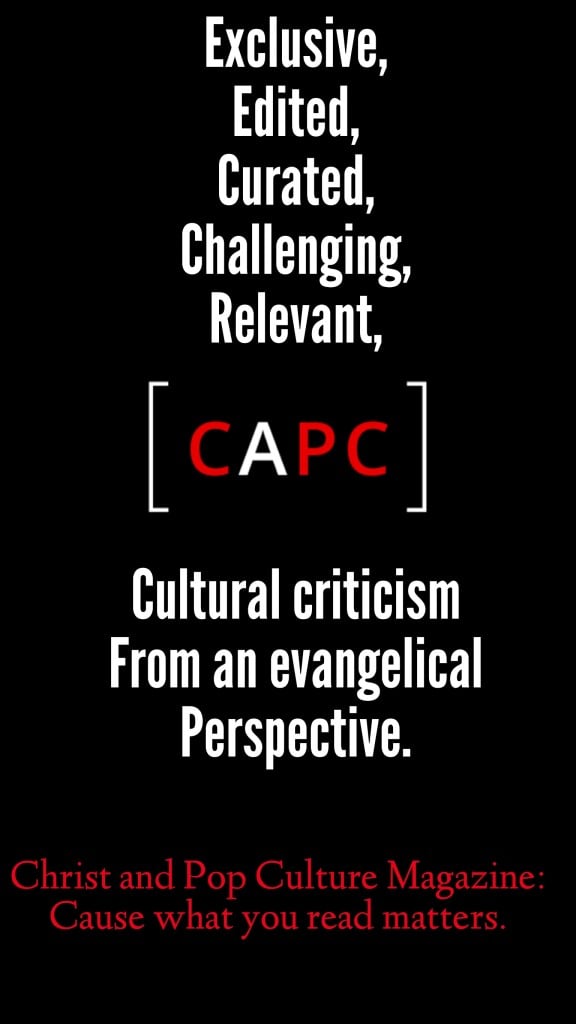 In an interview with Relevant Magazine, Jennifer Knapp talked about being in “cement box rooms at the back of arenas” with only an hour to quick write something beautiful and inspiring for a record. I can picture that so clearly, because I felt it too: that pressure to keep manufacturing spiritual insight. To never show that you were struggling; to just keep giving it to Jesus in loud, murmured prayer.
In an interview with Relevant Magazine, Jennifer Knapp talked about being in “cement box rooms at the back of arenas” with only an hour to quick write something beautiful and inspiring for a record. I can picture that so clearly, because I felt it too: that pressure to keep manufacturing spiritual insight. To never show that you were struggling; to just keep giving it to Jesus in loud, murmured prayer.
She’d been in the Christian subculture for five years, and her ears were pounding with the sound of it. “I needed the silence to be deafening,” she said to Christianity Today. And she left.
She traveled. Europe for a while. Then Australia. The rumors started. A word was whispered: Gay.
I disappeared too, though not in the same way. I was tied into my life by a marriage that I wasn’t sure I understood anymore at 24-years-old. I couldn’t strap on a hiking backpack and head out into the world, so I disappeared into wine and tequila instead. I washed out in wave after wave of cynicism and anger. I sat with my husband in a house church that felt desperately lonely, and I disappeared into myself until I was almost entirely gone.
Later I learned that it wasn’t just me, and it wasn’t just Jennifer: it was a whole generation of Christian Millennials, vacating the world of their evangelical youth. We were growing up, growing away. The statistics were appearing in Christian magazines. New books were coming out, addressing the problem. Why are they leaving? There were reasons proposed and courses of actions suggested. Churches got bigger and sanctuaries got better video and lighting equipment. They began serving better coffee in the foyer.
Still, we were disappearing. We didn’t know how or if we’d ever come back.
\\
In 2009, whispers started. Jennifer Knapp was writing and recording again.
And then she was back.
In her first interviews back in the spotlight, she hedged around her same-sex relationship, but eventually she came out. When I search her name on the Internet, Google quickly suggests that the phrase I might be thinking of is “Jennifer Knapp gay,” and it seems wrong to me that this is the One Thing that dominates her return to music.
Certainly it’s an important discussion to have, and it has been a defining part of her new Inside Out Faith tour. But it’s only one part of a larger conversation.
 To me, the most compelling part of the story is not that her sudden rise to fame. It’s not her sudden disappearance or even her sexuality. What hooks me is the fact that she came back.
To me, the most compelling part of the story is not that her sudden rise to fame. It’s not her sudden disappearance or even her sexuality. What hooks me is the fact that she came back.
I want to know why. I want to know what finally made her get on that plane and move back toward all the things that she had run away from.
I can tell you about my own journey back. About therapy and antidepressants. About long, ranting conversations with friends and a few beautiful, honest books that made me feel less alone. I began to search for healing, and slowly, slowly, I began to find it. In 2008, I discovered I was pregnant with my first child, and the new life inside of me became a sort of catalyst for redefining my faith.
I realized that some strand of all this was still woven through my heart, and I wanted to find and hold onto it. I wanted to find a way to untangle it from church culture and cliché and make it my own again. I wanted my faith to move to its own angsty, beautiful soundtrack; I wanted it to march to a steady drumbeat of grace.
In interviews, Jennifer Knapp talks about missing the music, about knowing that she was made for this. But I want to know what made her reappear, really. What gave her the courage to step-back into the limelight of an often unforgiving evangelical culture and to try to find her faith and her song all over again?
\\
I listened to her new album Letting Go for the first time last winter. The Jennifer Knapp I heard on this record was the same passionate, earthly singer that I’d found all those years before. Her voice had grown a little older; it had gathered grit in the work of travel and living and loving. In the leaving. In the coming back.
As I listened that day, I heard anger and frustration in her songs. Disdain for the Christian culture she’d left and for the Church at large. I knew it well. It felt like she was channeling my own margarita days, when venting about the Rottenness of it all gave me the courage to look for the beauty and the goodness.
But in her most recent interview with Christianity Today, she assures readers that this wasn’t her intent at all. “That’s not where I’m at. If there’s any anger or frustration on this record, it’s the desperation to hold onto what is honest and true, and let the rest of it just burn.”
And it occurred to me that often what sounds like anger is simply that struggle of finding a way to hold on and let go all at once.
The road back is long and hard for those who have once let themselves disappear, and what I learned from Jennifer Knapp is that it’s okay to sing the truth of your soul. That often the thing that sounds like angst and resentment is really its own kind of Psalm.
It’s pain and love and so much courage as you step wobbly onto the water. As you begin, slowly, to move slowly back toward God.
Addie Zierman is a writer, blogger and recovering Jesus freak. She studied creative nonfiction at Hamline University and received her MFA there in 2010. Addie blogs regularly at addiezierman.com, where she’s working to redefine her faith one cliché at a time. She lives in Minneapolis with her husband, Andrew, and their two young sons.